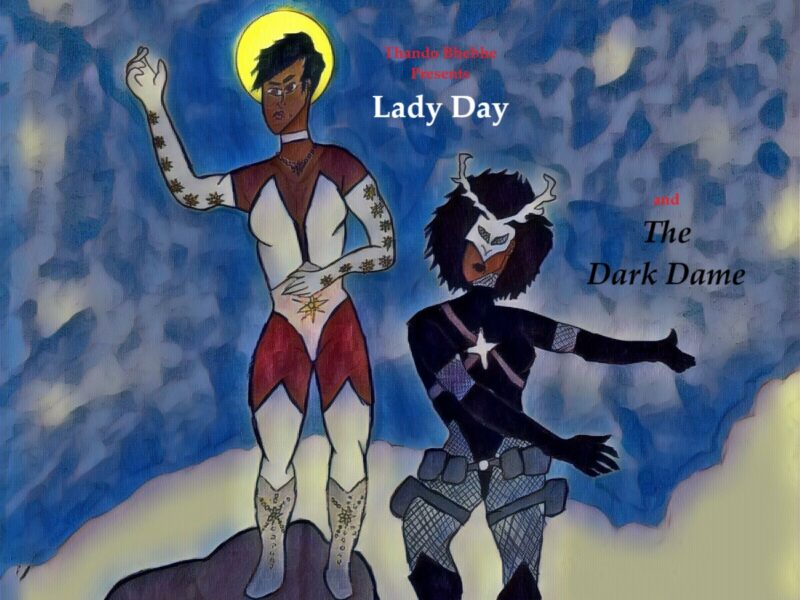Go ahead and sleep with your cousin.
Incest may be illegal in Canada, but the law excludes first cousins, aunts and uncles. When you take a closer look at the Criminal Code, it is amazing what you can find.
Anal intercourse is illegal except for those who are married or when both consensual partners are above the age of 18, as long as there is not a third person present and it is in private. But the age of consent for vaginal sex is 16.
In other words, 16- and 17-year-olds can legally have vaginal sex but not anal sex. If two gay youth have sexual intercourse, they risk facing up to 10 years in prison for the indictable offence.
According to Centers for Disease Control and Prevention, “Men who have sex with men are 17 times more likely to develop anal cancer than heterosexual men.”
Laurier student Luc Daviau, 19, points out that even if anal sex can spread certain STIs more easily, vaginal sex has other risks too—like pregnancy.
Daviau is surprised to learn that the age of consent for anal sex is 18 years old. He believes that in our current society, youth are much more educated on safe sex—regardless of which type of sex they participate in.
In 2010, the Sex Information and Education Council of Canada released a study revealing Canada’s teen pregnancy rate fell 36.9 per cent from 1996 to 2006. The main reason for this decline is education.
“The level of maturity does not vary among those who choose anal or vaginal sex. So the age of consent should not vary either,” said Daviau.
In 1995, the Ontario Court of Appeal ruled that this difference in the age of consent discriminates against sexual orientation and thus violates the Canadian Charter of Rights and Freedoms. Despite ruling this section of the Criminal Code unconstitutional, no changes have been made. Several bills have been put on the table, but none of them have been passed.
Section 159 not only remains unchanged, but it is also acted upon. If you stroll down to a local court and look at the docket, you may very well see that this law is actually enforced. Regardless of this criminalization, some people choose to do what they want.
Associate professor Marcia Oliver, who has a doctorate in Sociology, cannot imagine how the youth who are charged with this crime must feel. Besides humiliation, she believes it could jeopardize relationships, especially if the youth is not yet open about his homosexuality.
“[Having a criminal record] can only add to the stigma that those who are gay are already facing in our society,” she said.
An NDP MP, Craig Scott, introduced a private member’s bill just last month to eliminate this discrimination.
Bill C-448 is a self-proclaimed “enactment [that] repeals section 159 of the Criminal Code, thus removing the distinction between anal intercourse and other forms of sexual activity.”
Oliver, who specializes in gender and sexuality, said it is important to look at how this distinction affects society as a whole. She said this regulation produces the assumption of what normal, healthy, moral sexuality should be: heterosexuality.
“Essentially this law is saying one of these acts is more normative than the other,” said Oliver.
As society’s views of homosexuality continue to evolve, gay rights activists fight for legal acknowledgement in the bedroom.



